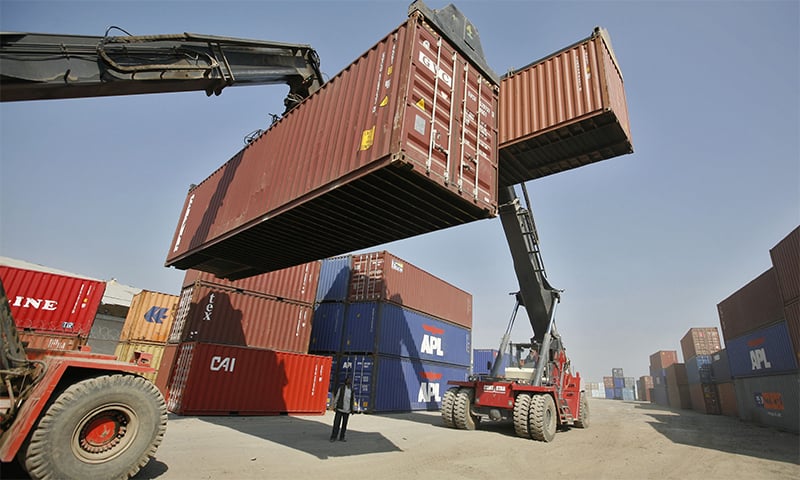ISLAMABAD: The Federal Board of Revenue (FBR) has received three-month data from China’s customs authority for goods being exported to Pakistan to address under-invoicing and duty evasions.
Customs officials are terming this a big breakthrough, but are very cautious to estimate how much this exchange of information will help in minimising the evasion of taxes on tradable goods with China.
State Minister for Revenue, Hammad Azhar, broke the news through a tweet that the first batch of trade prices data was received by FBR from China’s customs authority. He was approached for details several times but did not comment.
The country’s exports to China jumped to $1.74 billion in 2017-18 from $575 million in 2006-07 while imports from the same have soared to around $15.7bn in 2017-18 versus $3.5bn in 2006-07. However, many official and unofficial studies have also confirmed discrepancies within the range of $3-6bn due to mis-declaration in reported data.
A well-placed source in the FBR told Dawn that the data received pertained to the period July-September. It was received electronically through web-based one customs (Weboc) connected with Chinese system.
Pakistan was demanding the exchange of real-time data from China especially after the operationalisation of free trade agreement but Beijing was reluctant to entertain this request.
On April 30, Pakistan and China implemented the Electronic Data Exchange system to effectively address discrepancies found in the exchange of information. However, the system came into operation only after the countries signed a memorandum of understanding in Prime Minister Imran Khan’s last China visit.
Both sides agreed to exchange information on a quarterly basis regarding exports in a bid to curb mis-declaration of goods and under-invoicing.
Official sources told Dawn that data received includes information regarding the certificate of origin of products and their tariff-wise values.
In the last budget, Customs Act was amended to empower a customs officer to utilise data received from other countries in assessing the correct values of imports.
There is a good chance that customs duty collection will grow up on goods imported from China, now that data has been received.
Published in Dawn, December 13th, 2018













































